The low rate of Internet usage in Africa, which stands at only 38% in 2024 according to the International Telecommunication Union (ITU), results from a combination of structural, economic, social, and political factors. These obstacles hinder access to and use of digital technologies for a large part of the population, especially in rural areas and among marginalized groups.
High cost of Internet access and devices
The cost of Internet access in Africa remains prohibitive for many people. On average, prices are 30 à 35 % higher than in the United States, representing a significant financial burden for populations where a large share lives below the poverty line. Furthermore, the price of smartphones and computers remains high, limiting the acquisition of these essential tools for connectivity.

Insufficient and fragile infrastructure
Africa suffers from a digital infrastructure deficit, notably regarding fiber optic networks and electricity access. In 2021, around 567 million people in Sub-Saharan Africa lacked access to electricity, making Internet use difficult. Additionally, the continent’s reliance on a limited number of submarine cables makes it vulnerable to service interruptions, such as in March 2024, when damage to several cables caused Internet outages in about a dozen African countries
Lack of digital skills and education
The lack of digital skills is a major barrier to Internet use. A large portion of the African population, particularly in rural areas, has not received adequate training to use digital tools. This issue is worsened by generally low literacy rates and limited access to education, which impedes individuals’ ability to navigate the Internet and benefit from it.
Social and geographic inequalities
Significant disparities exist between urban and rural areas, as well as between genders. Women and rural residents are less likely to use the Internet than men and urban dwellers due to factors such as cost, accessibility, and social norms. These inequalities deepen the digital divide and exclude certain populations from the benefits offered by digital technologies.

Government restrictions and political instability
In some African countries, governments impose restrictions on Internet access, including blocking social media or shutting down access during periods of political unrest. These measures limit freedom of expression and access to information while deterring investments in digital infrastructure.
Lack of relevant local content
Online content available in Africa is often poorly adapted to local realities, both linguistically and culturally. This absence of localized content reduces the interest and usefulness of the Internet for many people, thereby decreasing their motivation to connect.
Conclusion
In conclusion, the low rate of Internet usage in Africa results from a combination of economic, infrastructural, educational, and political factors. To overcome these obstacles, it is essential to implement inclusive policies, invest in infrastructure and digital education, and promote a regulatory environment conducive to expanding Internet access for all.
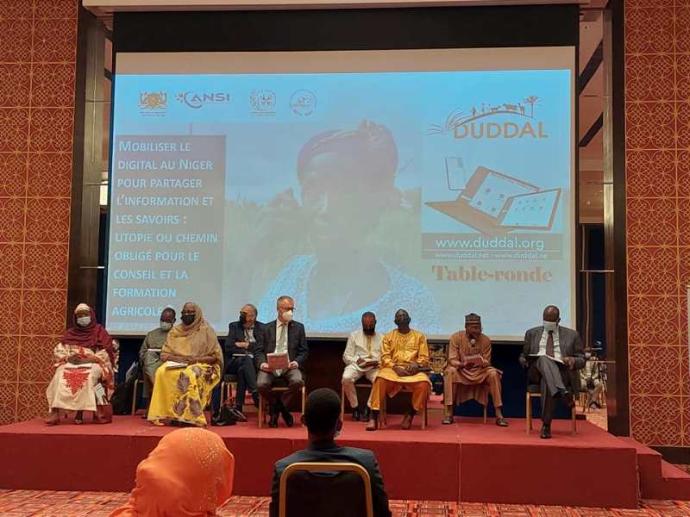 Duddal
Duddal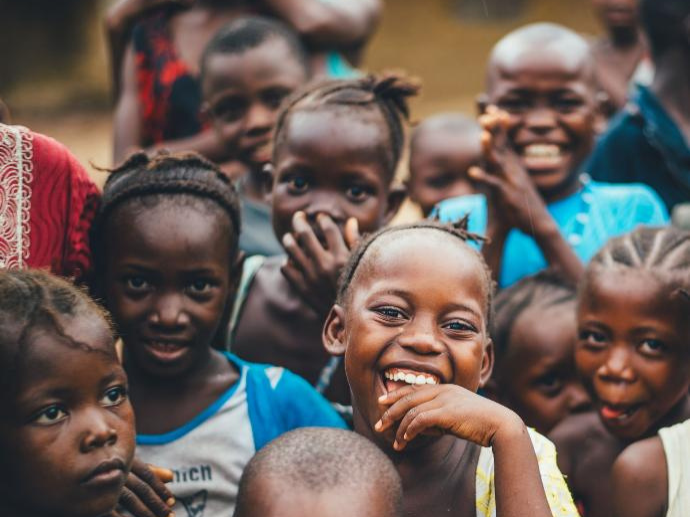 SOS Village d'Enfants Niger
SOS Village d'Enfants Niger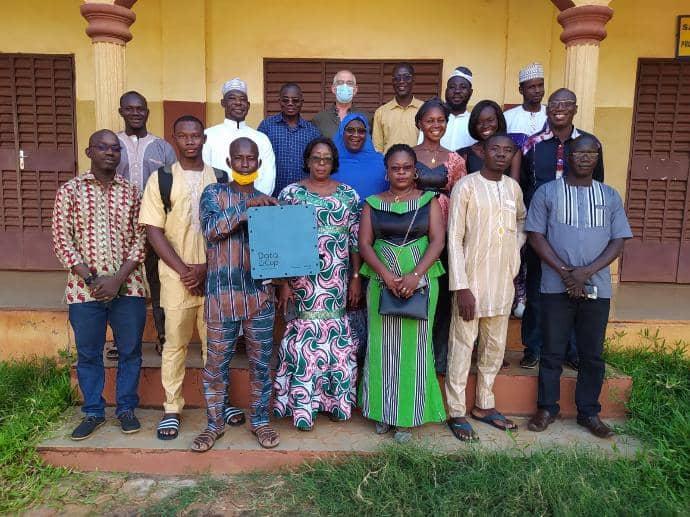

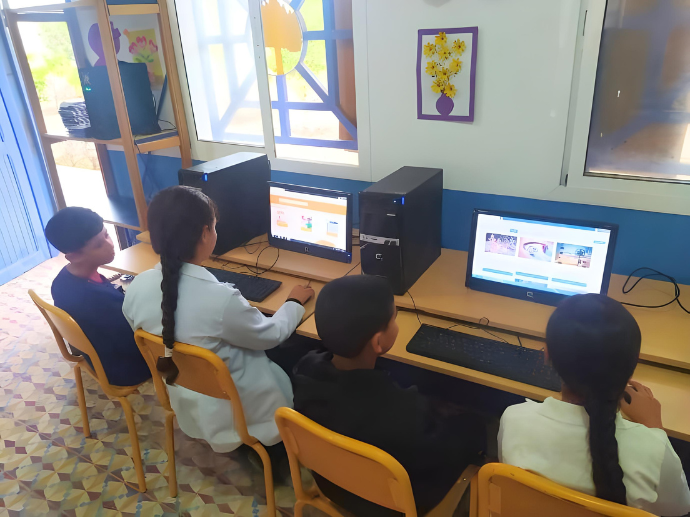
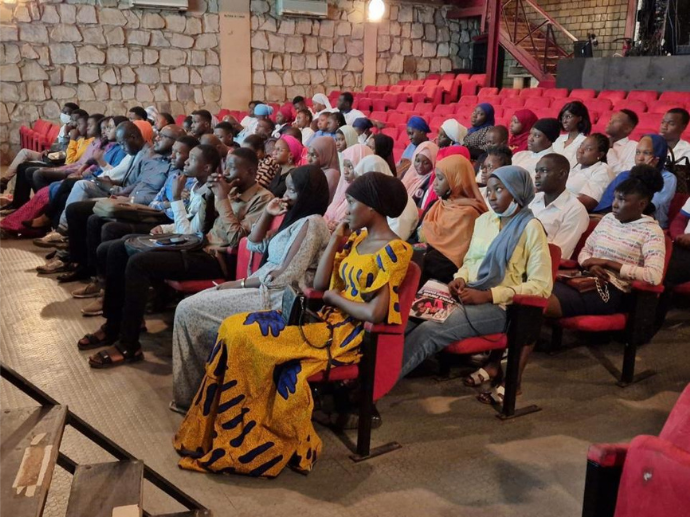
What are the main reasons for the low Internet usage rate in Africa?